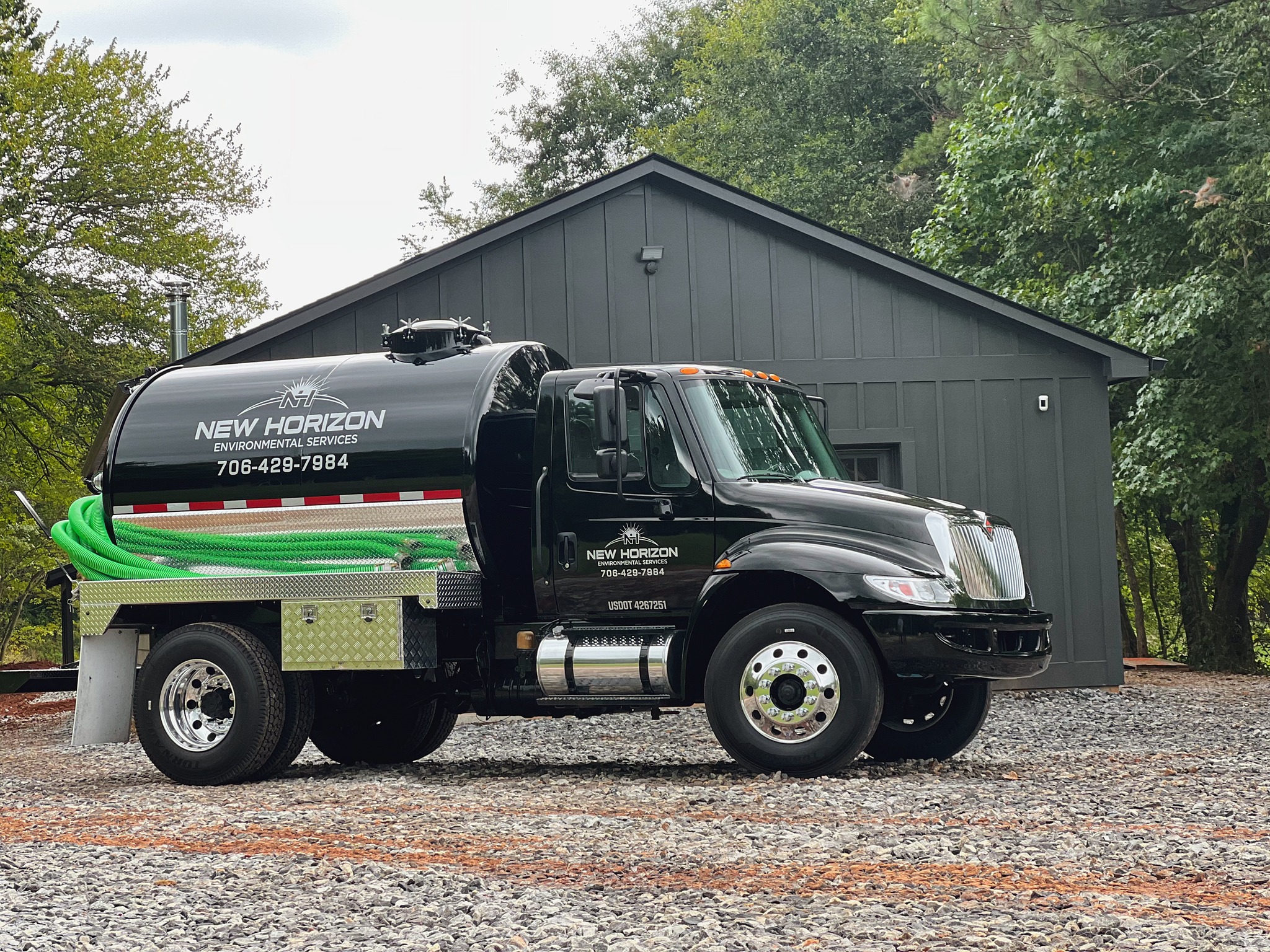
Preparing for Seasonal Changes: How to Protect Your Septic System Nov 13, 2025
The first consideration in preparing your septic system for seasonal changes is understanding the impact of temperature fluctuations. In colder climates, ground freezing can affect the bacterial activity within the septic tank. Bacteria are essential for breaking down waste, and a significant drop in temperature could slow their activity, risking system clogging. Insulating your tank or using a septic tank heater can help regulate temperature and maintain bacterial efficiency.
Equally important is managing your water usage. Seasonal rains or melted snow can lead to a significant increase in the water passing through your system. Excess water can saturate the drain field, preventing it from adequately filtering effluent. Homeowners should be mindful of water usage, especially during heavy rainfall or snowmelt periods. Spread out laundry loads, fix leaky faucets, and consider installing water-efficient appliances to reduce strain on the system.
Fall is an excellent time for homeowners to schedule a septic system inspection and pumping. Ensuring your tank is emptied before the ground freezes can prevent backups and overflows. Routine inspections help identify issues before they escalate, making it easier to perform necessary maintenance. A licensed professional can assess the system's health and recommend any additional seasonal adjustments.
Ingenuity in landscaping around your septic system also plays a critical role as seasons change. Avoid planting trees or shrubs with deep roots near the septic system, as they can infiltrate the pipes and tanks over time. Also, keep grass tall over the drain field during winter for added insulation but mow it short during summer to facilitate optimal evaporation and oxygenation of soils.
It's also essential to act promptly if you notice warning signs of septic system troubles. Slow drains, unpleasant odors around the drainfield, or puddles in your yard could indicate issues. Addressing these signs early can prevent costly and disruptive repairs, keeping your home and family safe.
Seasonal maintenance extends to conserving energy around the home, emphasizing practices that aid septic system function. Efficient energy use reduces the workload on your system. Consider the timing of appliances, such as dishwashers and washing machines, to prevent strain. Spacing out water-heavy activities aids the septic system in maintaining balance and processing waste without overload.
Adding beneficial bacteria supplements to your system can further boost efficiency in colder months. These additives support existing bacteria in breaking down waste and can counteract the harsh effects of cold weather on system activity. Consult with a septic service professional to find products that complement your system's specific needs.
By following these steps, you can protect your home's septic system from seasonal shifts, ensuring it operates efficiently year-round. At New Horizon Environmental Services, we're dedicated to offering innovative solutions for all your septic needs, from regular maintenance to emergency repairs. For personalized advice tailored to cope with your location's seasonal patterns, don't hesitate to reach out to our expert team.
Remember, proactive care today ensures a hassle-free tomorrow for your septic system. As seasons change, let your preparations and maintenance routines change with them, creating a robust environment that withstands the tests of time and nature.
/filters:no_upscale()/media/f1b493ba-460f-4fbd-8c58-8747b128f420.jpeg)
/filters:no_upscale()/filters:format(webp)/media/4a02f1d5-29c6-491e-9807-2aee54d957fc.jpeg)